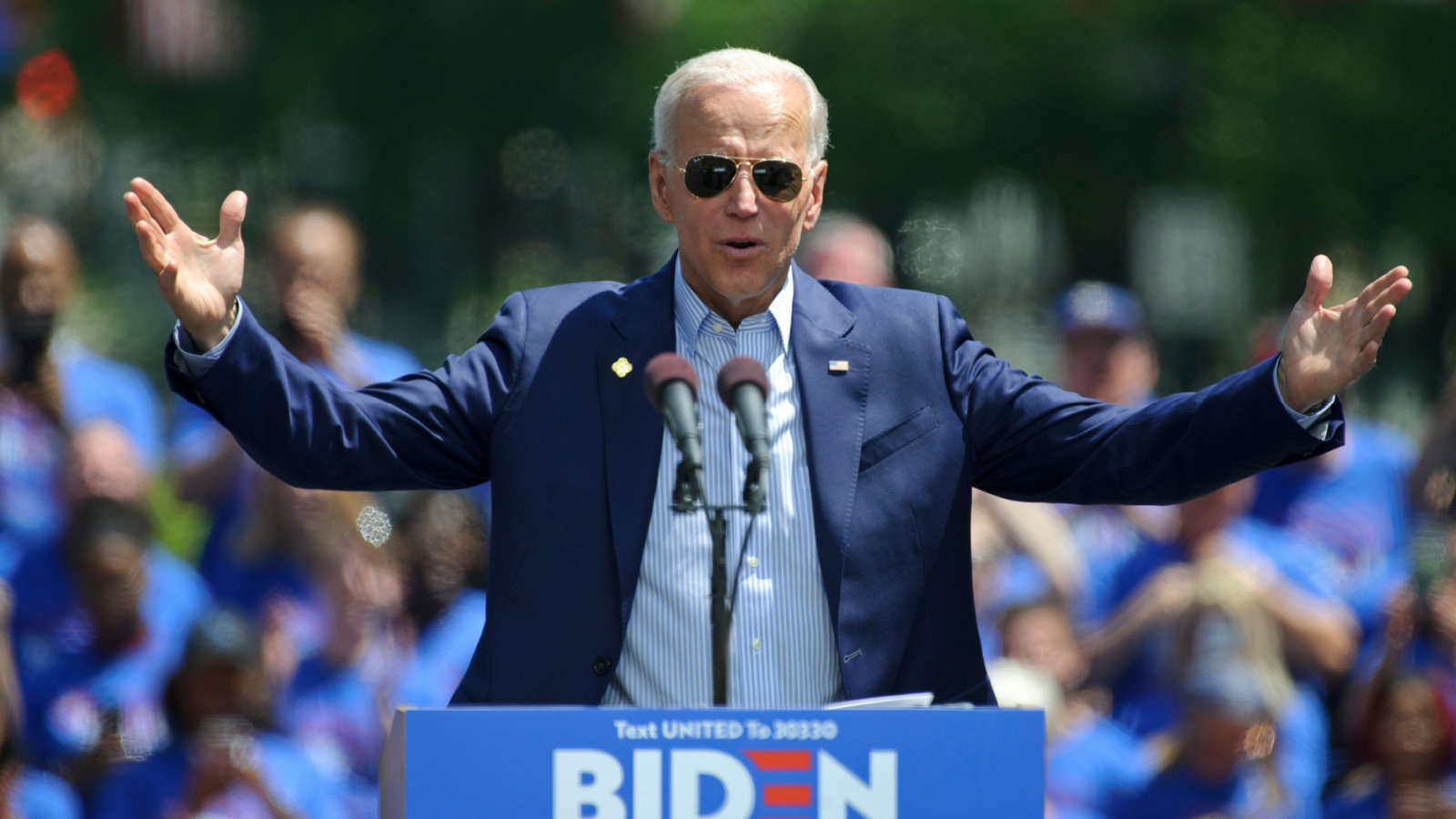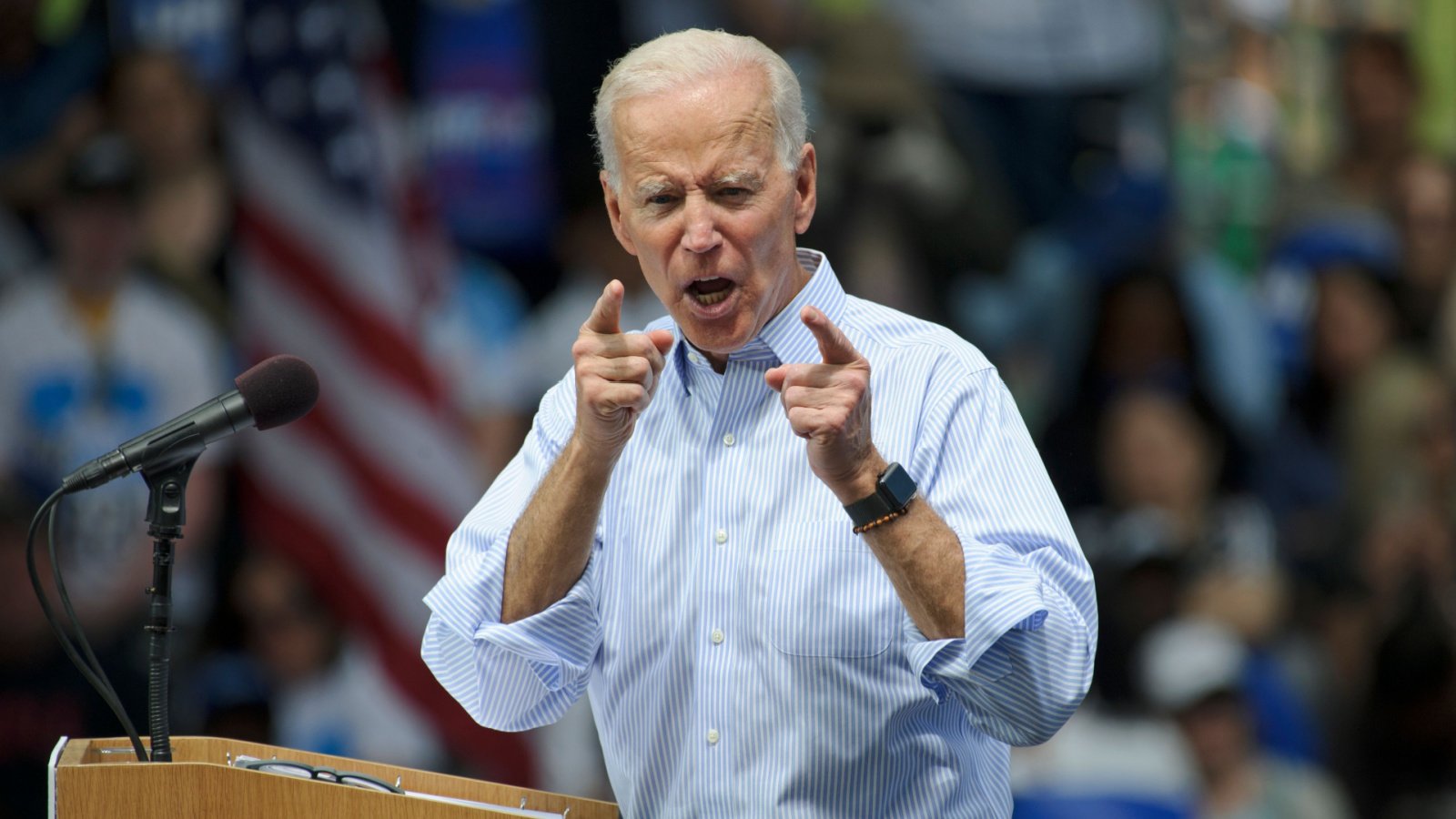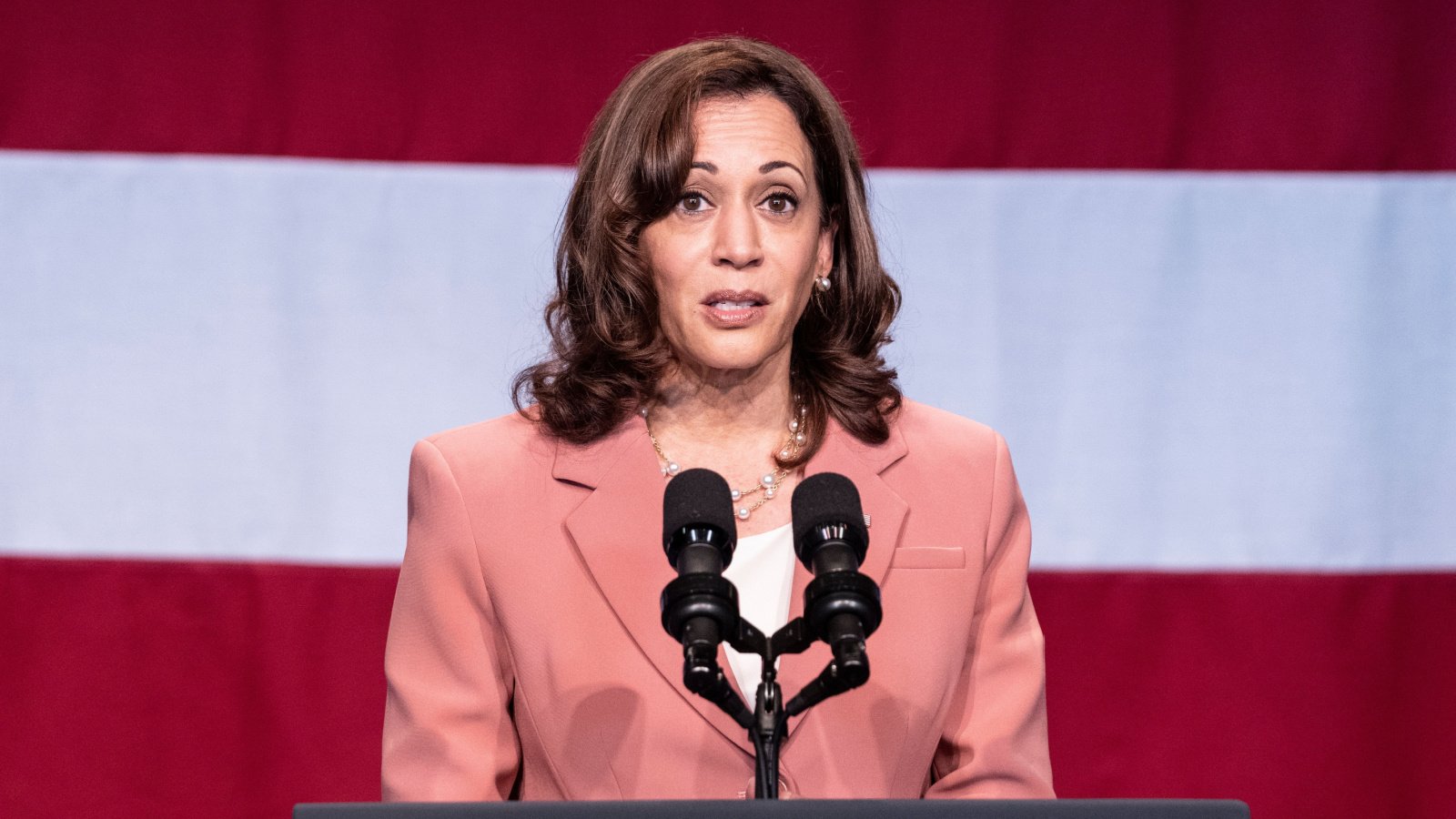The moment is coming when Americans will have to accept as inevitable a 2024 rematch between Presidents Joe Biden and Donald Trump. Barring unforeseen events, both candidates will soon rack up enough primary victories to proceed as their respective party’s nominee for the office of President. While Democrats wait with bated breath on Trump’s legal troubles rendering him ineligible, and Republicans hope for one cognitive slip too many for President Biden to continue to represent his base, these scenarios are unlikely to play out in time to affect the Presidential Race in November. The March 12 Primaries in Georgia, Washington state, Mississippi, and Hawaii are expected to produce enough support for the candidates to allow them to proceed to the next stage of the electoral cycle.
Tuesday Primaries May Seal Nominations

Joe Biden and Donald Trump are on the verge of securing their party nominations in the upcoming Tuesday primaries. This pivotal moment in the 2024 presidential race could very well set the stage for a head-to-head rematch between the current and former U.S. presidents.
Path to Nomination

Both Biden and Trump face minimal opposition in their quest for the nomination. The primary question is whether they will gather enough delegates in the upcoming primaries to surpass the 50% threshold, making them the presumptive nominees for their respective parties.
50 Percent Threshold To Secure Party Nominee

The 50% threshold refers to the requirement that a candidate must secure a majority of delegate votes to be named the party’s nominee for a general election. In U.S. presidential primary elections, each party allocates a certain number of delegates to each state, territory, and the District of Columbia. These delegates are awarded to candidates based on the results of primary elections and caucuses held in each jurisdiction.
Majority Requirement Ensures Broad Support Within the Party

To become the presumptive nominee of their party, a candidate must win more than 50% of the total available delegate votes. This majority requirement is a crucial part of the nomination process, ensuring that the nominee has substantial and broad-based support within the party, representing a united front going into the general election. Additionally, the requirement ensures that a candidate can be officially nominated at the party’s national convention. The exact number of delegates required to reach this threshold varies by party and election cycle, as it depends on the total number of delegates allocated for that particular election year.
The Rematch Scenario

The possibility of a Biden-Trump rematch in the general election is a rare occurrence in politics, as former U.S. Presidents who served only one term have generally opted not to enter the fray in an asynchronous run for the highest office. Historically, only four U.S. Presidents have chosen to run asynchronous campaigns, and only one, Grover Cleveland, was successful. Such a contest promises to deepen the already significant political and cultural divides within the nation.
Trump’s Preemptive Move

On the eve of the primaries, Donald Trump acknowledged Joe Biden as the likely Democratic nominee. In a strategic comment, Trump also launched an attack on Biden’s age, highlighting it as a potential weakness. Trump will be 78 years old in November, and Biden will be 81.
Biden’s Campaign Focus

Joe Biden has sharpened his focus on Donald Trump, portraying him as a significant threat to democracy. Biden’s remarks came as part of his campaign efforts, indicating a gearing up for more active engagement in the race.
Legal and Political Challenges

Both candidates are navigating through their own set of challenges. Trump is contending with legal issues and questions about his policies and international relations. Meanwhile, Biden is working to address concerns about his age and to reconcile with the progressive wing of his party, which has expressed dissatisfaction with his stance on international conflicts.
Georgia’s Strategic Importance

The state of Georgia is under a spotlight in this election cycle, just as it was in the last. Trump’s efforts to challenge the previous election results there have led to legal troubles, while Biden aims to strengthen his position in this key swing state.








